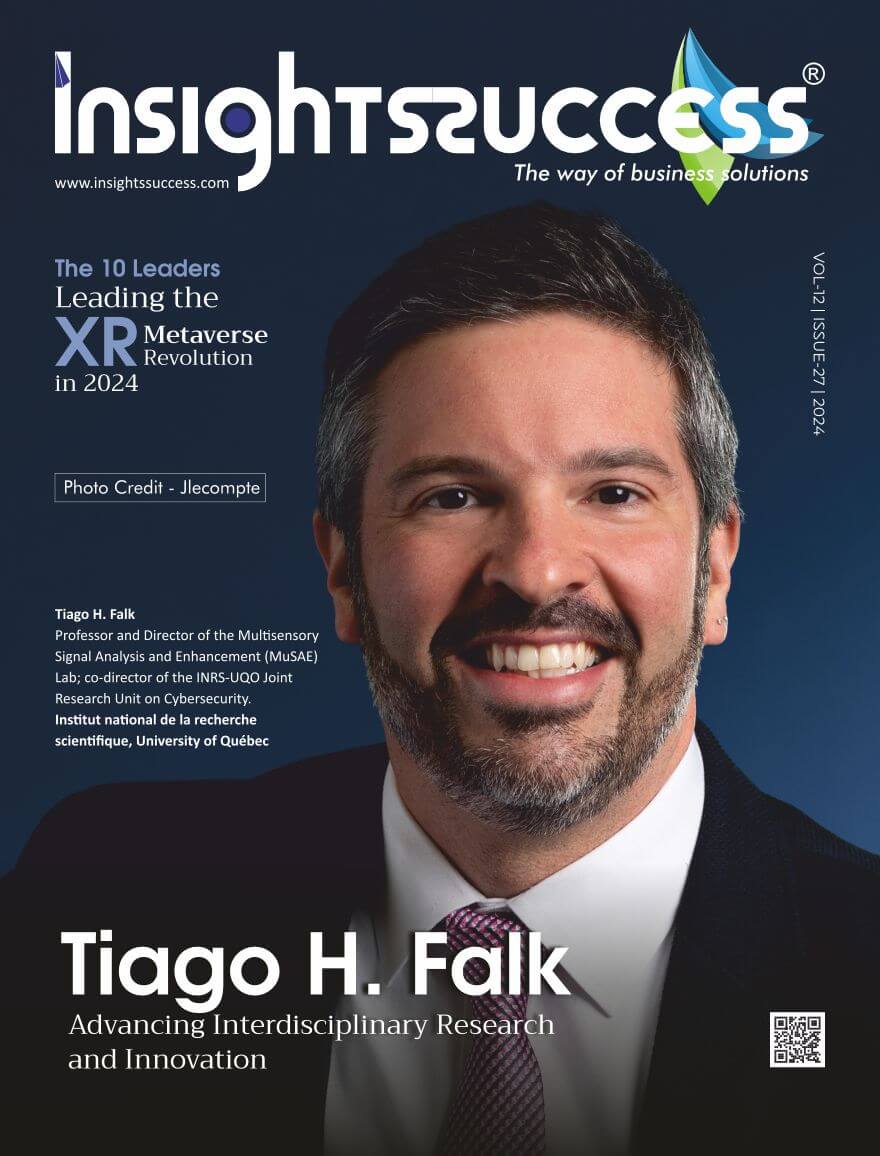Risk is an uncertain phenomenon and can have detrimental effects on businesses. Thus, it has become extremely important for organizations to identify threats that could jeopardize their business objectives or any of the critical strategy. As business risks are continually increasing, organizations are finding it mandatory to implement some sort of risk management framework. The world’s leading risk and control data standards company, Acin is helping financial institutions to change the way they collectively think about risk and controls in order to improve the way they are managed and monitored across the industry. That way, firms can demonstrate that they are “in-control” and provide greater assurance across the industry.
Since 2008, the web of operational risk (OpRisk) has become increasingly complex. This has led to struggles that financial institutions are going through to cope with it. Acin’s solution helps eliminate the multitude of inefficiencies in the current system of monitoring, measuring and managing OpRisk.
How It was Developed?
Acin was established as the Anchura Group in 2010, as an operational risk consultancy, before pivoting to deliver its current data-led solution in 2016.
Founded by Paul Ford, Anchura Group had created a set of standards for investment bank sales & trading desks and found on average that these trading desks were missing 32% of the operational risks and their associated controls.
Ford was uncomfortable administering to the symptoms of operational risk and thus, developed Acin as the cure.
Acin combines technology, data standards and content to measure, manage and mitigate operational risk. Through its comprehensive data standards platform, Acin is shaping the way risk and controls are managed in financial institutions to deliver unrivalled results, which, in turn, empowers firms to increase their efficiency.
In parallel, Acin created its Networked Defence Model that standardizes and benchmarks operational risks and controls for the whole industry, constituting the first of its kind based on the Basel II framework. This network connects these organizations in a powerful defence system offering the highest levels of protection at an industry level, as well as providing a benchmark in accordance with the industry standard for financial services.
Acin now works with major banks across the USA, Europe and Asia and is recognised as one of the most innovative RegTech companies in 2019. Its ultimate goal is to help financial institutions reduce their operational risks so that they can be held to an industry standard and demonstrate to regulators that they are in control.
Delivering Integrated Solutions
The solution designed by Acin is totally original and proprietorial. It’s a mixture of both process and product and has the capability to transform the operational risk management at financial institutions by addressing the risk of loss resulting from inadequate or failed internal processes, from people and systems, or from external events.
Acin’s proprietary approach resides in its ability to devise complete risk and control taxonomies, delivered through “libraries”, that mirror the organizational design of its clients’ businesses. These internally-designed taxonomies are then deployed to help financial services institutions map their risk and controls environments, combining technology, data standards and content to measure, manage and mitigate operational risk.
Acin’s solutions are designed to connect with the systems that its clients are already deploying. In particular, its processes are designed to be client-sensitive and to recognize the journey its clients are on; that they are progressing towards a digital solution for the management of their risk and control environments.
Exemplifying Ingenuity
Paul Ford, the CEO of Acin is a former Royal Military Academy Sandhurst graduate and Royal Engineer. Ford had spent the last decade applying the process-driven logic to the world of financial services and consulting and came up with Acin as a solution. At the heart of Acin’s operation is a new digital measurement framework for benchmarking risks and controls, an advanced control identification number and hence, the name of the business.
A Unique Methodology
Acin has no direct competitors as it offers a solution that is unique in the market. The company has devised an approach, a methodology and a system for identifying, cataloguing, and curating all the risks and controls required within a financial services firm, and there are no other organizations doing this. It is aware that the closest thing to a competitor is the tendency for organizations to want to solve their own risk challenges, believing that they have the expertise in-house to do so. Acin’s solution is far beyond any firm’s unilateral capabilities today.
Another source of its competition are the large consulting groups. However, they are unable to fully treat the symptoms of operational risk by taking an ad-hoc approach to each organization. There are also some GRC systems, which look after governance, risk management and compliance, aiming to ensure an organization reliably achieves objectives, addresses uncertainty, and acts with integrity.
Rather than spreading itself across these three facets, Acin is clearly focused on the management of operational risk. As such, it can maintain and provide the operational level of detail that these framework systems cannot. Furthermore, because the company curates the evolution of risk and control environment libraries, it is always up-to-date. It can, therefore, work very effectively with GRCs to provide the content that they require. Through its unique ACIN identifiers, Acin can be a single source of truth for the completion of the mandatory Risk & Control Self-Assessments each year, ensuring the completeness of the exercise.
Testimonial
“We are delighted to have signed up to the Acin network to collaborate on industry best practice and gather intelligence for risks and controls. This will support Standard Chartered in our ongoing initiatives to simplify the management of risk – by working with our peers to develop industry-wide common standards, we can improve the effectiveness of risk and control ecosystems.” – Stuart Keelan, Managing Director, Financial Markets COO – West, of Standard Chartered Bank



















